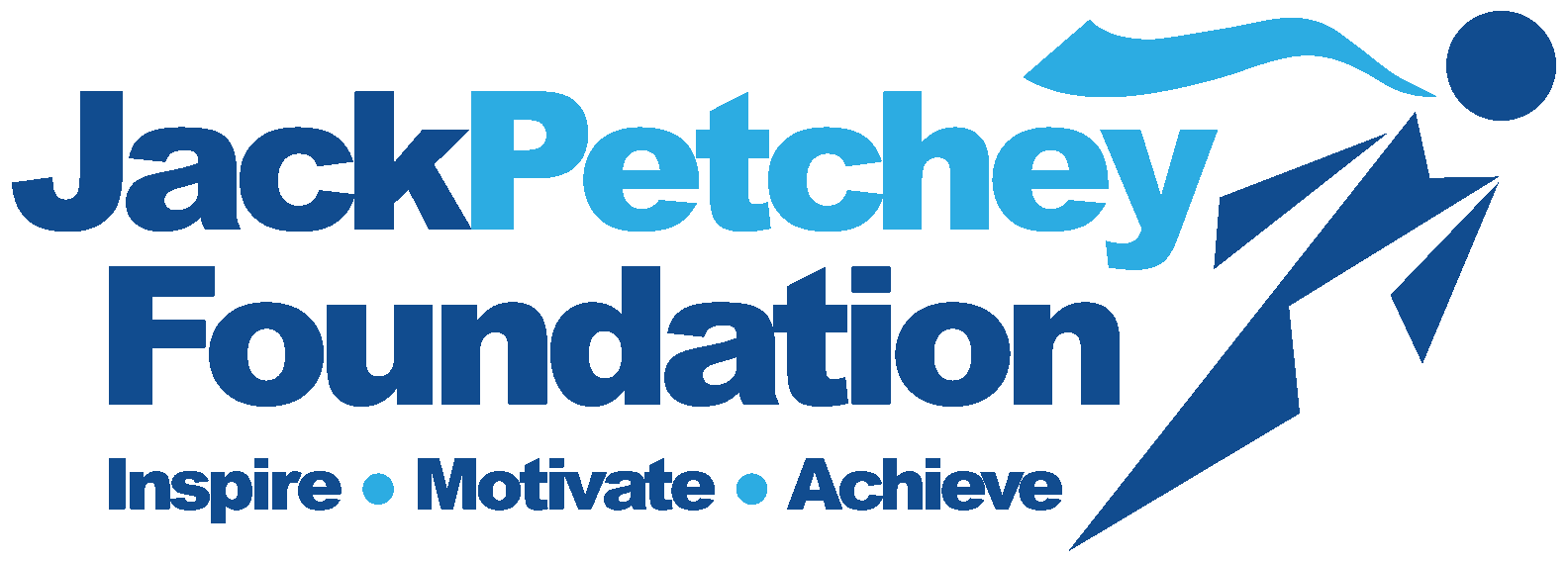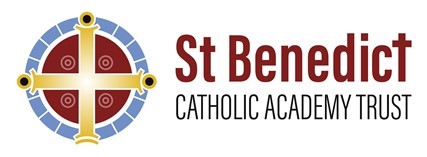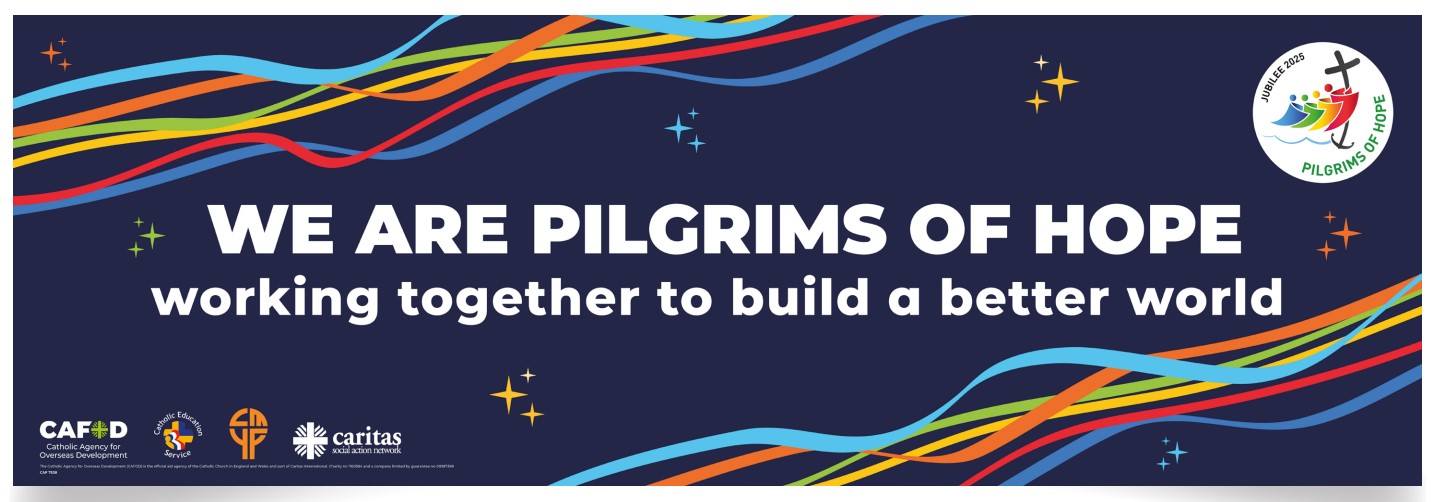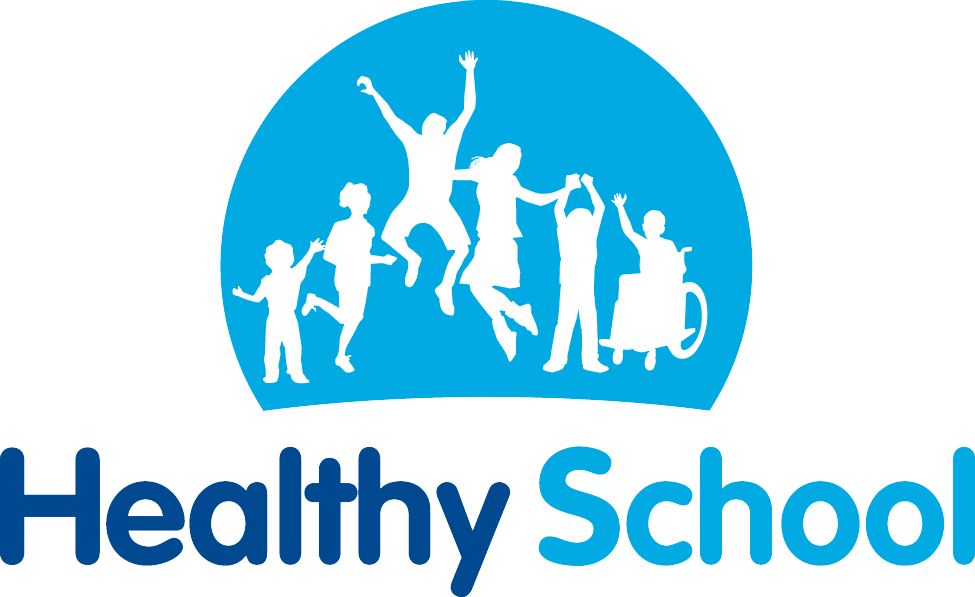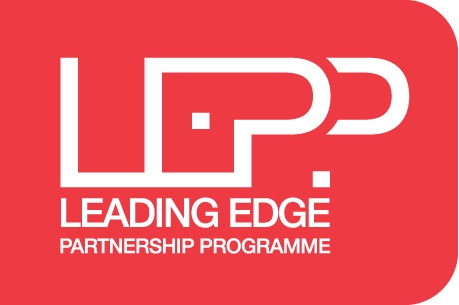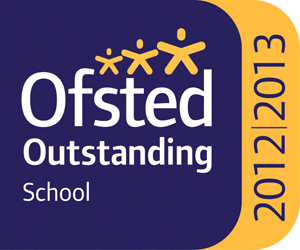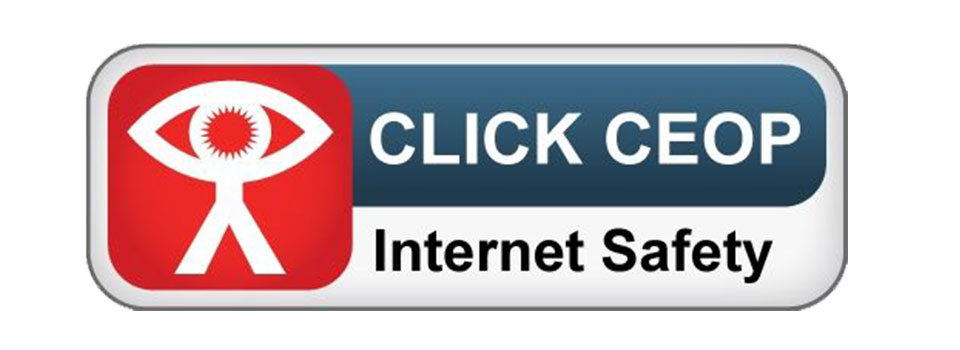Mathematics
Number rules the universe” – Pythagoras (572-497 B.C. E)
“It’s numbers, not words, which make up the language of the universe” – Marcus du Sautoy (Professor of Mathematics at the University of Oxford)
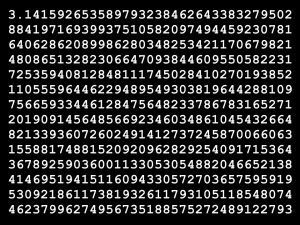
Mathematical thinking is important for all members of a modern society: as a habit of mind for its use in the workplace, business and finance, and for personal decision-making. Mathematics is fundamental to national prosperity in providing tools for understanding science, engineering, technology and economics. It is essential in public decision-making and for participation in the knowledge economy.
Mathematics equips pupils with uniquely powerful ways to describe, analyse and change the world. It can stimulate moments of pleasure and wonder for all pupils when they solve a problem for the first time, discover a more elegant solution, or notice hidden connections. Students who are functional in Mathematics and financially capable are able to think independently in applied and abstract ways, and can reason, solve problems and assess risk.
Mathematics is a creative discipline. The language of Mathematics is international. The subject transcends cultural boundaries and its importance is universally recognised. Mathematics has developed over time as a means of solving problems and also for its own sake.
Programme of Study KS3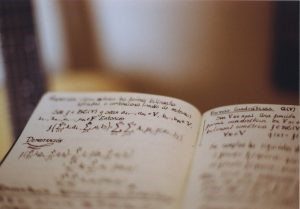
In Year 7 and Year 8 the foundation is laid for the GCSE course; the students follow a programme of study encompassing number, algebra, space and shape, and data handling. Students are encouraged to see the importance of Mathematics in everyday life and the application of Mathematics in all areas is an integral part our teaching. The new GCSE has a greater emphasis on problem solving and mathematical reasoning than ever before and students are expected to apply their knowledge to new situations under exam conditions. During KS3 we endeavour to develop this skill in our students so that they can better access the new GCSE curriculum.
In Year 9 pupils begin the new GCSE. The changes to the curriculum mean that Mathematics is becoming more demanding than ever. The volume of content has increased as well as the demand to which that content is tested. To ensure pupils have enough time to prepare for this we have introduced the GCSE contents earlier.
Student progression is carefully monitored through the use of APP (Assessing Pupil Progress) and end of term assessments.
Pupils are taught in sets of different sizes depending on their Mathematical ability.
Curriculum Content Mathematics KS3
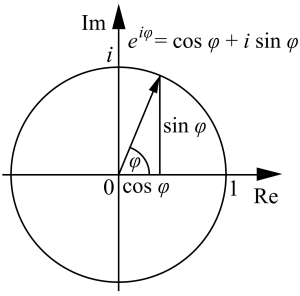
Programme of Study KS4
In Years 10 and 11 students will follow the EDEXCEL GCSE specification
http://qualifications.pearson.com/en/qualifications/edexcel-gcses/Mathematics-2015.html
Leading on from their KS3 studies, students will be assessed in more depth on the following areas;
- Number
- Algebra
- Ratio, proportion and rates of change
- Geometry and measures
- Probability
- Statistics
The new Mathematics GCSE is designed to create opportunities for pupils to:
- Develop fluent knowledge, skills and understanding of mathematical methods and concepts
- Acquire, select and apply mathematical techniques to solve problems
- Reason mathematically, make deductions and inferences, and draw conclusions
- Comprehend, interpret and communicate mathematical information in a variety of forms appropriate to the information and context
The changes to the curriculum should help students to emerge from GCSE Mathematics with a level of confidence and fluency that will provide a genuine foundation for the rest of their learning and working lives.
Pupils will be assessed against the following new objectives:
| Assessment Objectives | Weighting Foundation | Weighting Higher | |
| A01 | Using and applying standard techniques | 50% | 40% |
| A02 | Reasoning, interpreting and communicating mathematically | 25% | 30% |
| A03 | Solving non-routine problems in mathematical and non-mathematical contexts | 25% | 30% |
Pupils will be graded on the new grading system from 9-1, 9 being approximately equivalent to a grade G from previous years.
Foundation GCSE programme of study
Higher GCSE programme of study
What we expect from pupils:
- Pupils are expected to come to lessons equipped with the necessary equipment. It is essential that they have their own geometry set and a scientific calculator so they become proficient in the use of this equipment.
- Pupils are encouraged to present their work in a neat and orderly fashion, showing all their working. Care of school property is a priority and pupils must look after any books/equipment issued to them.
- Homework is normally set twice a week. Pupils are expected to do homework as set and to the best of their ability showing all calculations.
Programme of Study KS5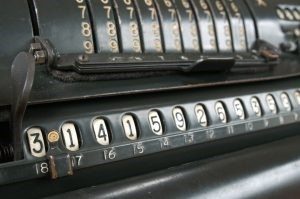
This course is for students wishing to further their mathematical knowledge and those wishing to study Mathematics or a related subject at Higher Education, e.g. engineering, computer science, business and economics.
Mathematics A level –
Students will study 3 main areas of Mathematics and sit three papers at the end of year 13. Papers 1 & 2 deal with pure Mathematics content and paper 3 deals with the applied Mathematics content, namely statistics and mechanics.
- Pure Mathematics– Pupils study in depth topics met at GCSE such as algebra, trigonometry and graphical work. They will learn other important branches of Mathematics such as calculus, functions, logarithms and series.
- Statistics – Pupils will extend the knowledge of statistics they met at GCSE such as sampling, probability and data presentation. Students will also learn new topics including measures of correlation, standard deviation & central tendency, statistical distributions and hypothesis testing.
- Mechanics – Pupils will learn how to describe mathematically the motion of objects and how they respond to forces acting on them, from cars to satellites. They will learn the technique of mathematical modelling, which is of turning a complicated physical problem into simpler one that can be analysed and solved using mathematical methods.
For further information on the detailed specifications, please see the website below
Further Mathematics A level –
For gifted mathematicians we also offer an A level in further Mathematics. This course could prove invaluable to any student wishing to study Mathematics or a Mathematics related subject at a top university. This course is highly recommended for any student who has a genuine love of the subject and wants to expand their understanding and depth of knowledge.
The course encompasses 4 modules; two compulsory pure modules and two applied. Students will study a single pure and applied module in year 12 and in year 13. The first applied module is Decision and the second is subject to change depending on the interests of the current cohort. Students will sit 4 papers at the end of year 13 (one paper per module).
- Core Pure Mathematics – this module further builds on the algebra and geometry skills in the GCSE course. Unlike pure Mathematics however, core pure Mathematics enables students to explore in more depth topics such as matrices and imaginary numbers. A must for any budding degree level mathematician!
- Applied module 1 – Decision Mathematics 1 – Pupils will study algorithms such as Prim’s, Kruskal’s and Dijkstra’s; algorithms on graphs; the route inspection problem; critical path analysis; linear programming; matchings. In this module, they will learn problem solving techniques used in manufacturing, profit maximisation and many other industries as well as understanding tools widely used in the field of computer science.
- Applied module 2- possible options are Further Pure Mathematics 1, Further Statistics 1 or Decision Mathematics 2
For further information on the detailed specifications, please see the website below
Extra – Curricular Programme
- Yr 9 Mathematics Challenge – Students work in groups to solve different Mathematics games and puzzles
- UKMT Junior Challenge – Yr 7 and 8 top sets
Facilities and Resources
There are a number of designated Mathematics classrooms, all of which have interactive white boards. We also have access to other resources such as an Active vote system, a Visualizer, graphical calculators, notebooks and iPad tablets, which makes lessons more engaging and active.
Homework is generally set online on www.myMathematics.co.uk for KS3 and vle.Mathematicswatch.com for KS4. Both of these websites can also be used for general and exam revision along with many other resources.




